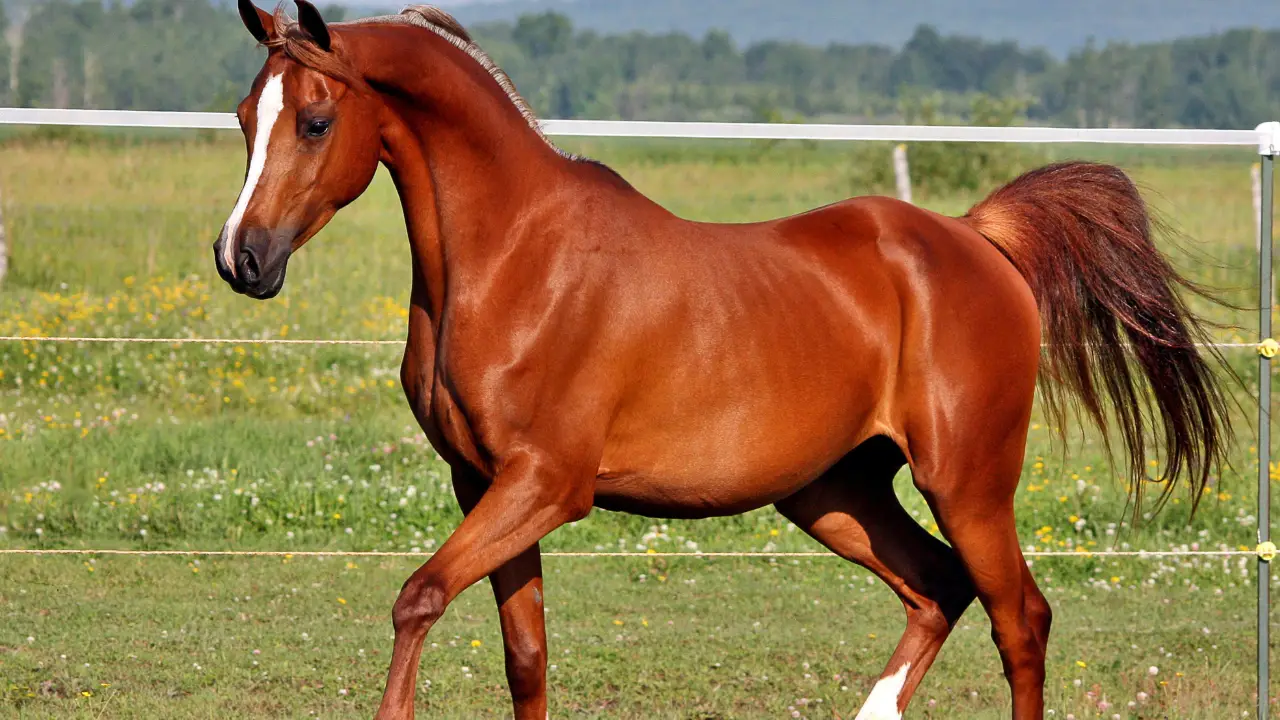How Long Do Horses Live?

Horses are majestic and beloved animals that have been companions to humans for centuries. Their lifespan is a topic of great interest to equestrians, breeders, and animal lovers alike. Understanding how long horses live can help in planning their care, ensuring they lead healthy and fulfilling lives. This article explores the factors that influence a horse’s lifespan, the average lifespan of different breeds, and tips for extending the life of your equine companion.
Horses typically live between 25 to 30 years, although many can live into their 30s and beyond with proper care. Factors such as breed, genetics, and overall health play significant roles in determining their lifespan.
Average Lifespan of Horses
On average, horses live between 25 and 30 years. This range can vary widely depending on several factors, including breed, genetics, and the level of care they receive throughout their lives. Ponies often live longer than larger horse breeds, with some individuals reaching 40 years or more. Advances in veterinary medicine and better understanding of equine nutrition have contributed to longer lifespans in recent years.
While the average lifespan provides a general guideline, individual horses can have lifespans that extend well beyond this range. Thoroughbred horses, for instance, may have a shorter average lifespan due to the physical demands of racing, whereas other breeds like the Arabian are known for their longevity. Ultimately, each horse’s life expectancy is unique and influenced by numerous factors.
Factors Influencing Horse Lifespan
Several factors influence how long a horse lives. Genetics play a crucial role; horses from breeds known for their longevity are more likely to live longer lives. Additionally, a horse’s overall health, which includes factors like diet, exercise, and veterinary care, is paramount in determining lifespan. Horses that receive regular check-ups, vaccinations, and dental care are more likely to live longer, healthier lives.
Environmental conditions also significantly impact a horse’s longevity. Horses kept in clean, safe, and comfortable environments with ample space to move and graze are more likely to thrive. Stressful conditions, such as overcrowding, poor shelter, and inadequate nutrition, can lead to health issues that shorten a horse’s life. Providing a balanced diet, proper shelter, and regular exercise are key components of promoting a long and healthy life for horses.
Lifespan of Different Horse Breeds
Different horse breeds have varying average lifespans. For instance, Arabian horses are known for their longevity, often living into their late 30s. Ponies, in general, tend to live longer than larger horse breeds. Shetland ponies, for example, can live up to 40 years or more. On the other hand, breeds such as Thoroughbreds and Quarter Horses may have shorter lifespans due to the physical demands placed on them, especially those involved in racing or heavy work.
Draft horses, such as Clydesdales and Percherons, also have relatively shorter lifespans compared to ponies and lighter horse breeds. These larger breeds often face more health challenges related to their size and workload. However, with proper care, many can still live healthy lives well into their 20s. The differences in lifespan among breeds highlight the importance of breed-specific care and management to ensure a horse’s longevity.
Tips for Extending a Horse’s Lifespan
Extending a horse’s lifespan involves a combination of proper care, nutrition, and regular veterinary attention. Providing a balanced diet that meets the horse’s nutritional needs is essential. This includes high-quality forage, appropriate supplements, and clean, fresh water at all times. Regular exercise and mental stimulation are also vital in maintaining a horse’s physical and emotional health.
Preventive healthcare is crucial in extending a horse’s lifespan. Regular veterinary check-ups, vaccinations, and dental care help prevent and manage health issues before they become severe. Keeping a horse’s living environment clean and safe, with adequate shelter and protection from extreme weather conditions, also contributes to their overall well-being. Building a strong, trusting relationship with the horse can further enhance their quality of life, ensuring they feel secure and well-cared-for.
Conclusion
Understanding how long horses live and the factors that influence their lifespan is essential for anyone involved in their care. While the average horse lifespan ranges from 25 to 30 years, many factors, including breed, genetics, and care, can extend this range. By providing proper nutrition, regular veterinary care, and a safe, comfortable environment, horse owners can help their equine companions live long, healthy, and fulfilling lives.






